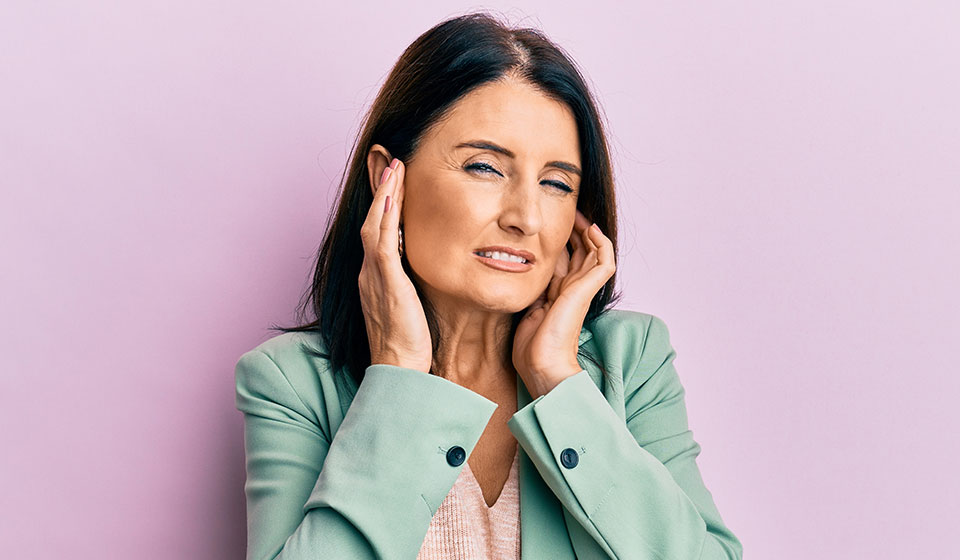What is that ringing in my ears? It sounds like the 12 bells of Christchurch Cathedral! That may be an exaggeration, but the ringing in your ears is real and has a not-so-lyrical name: tinnitus.
Tinnitus, or ringing in the ears, is a common problem that affects one in five people. For some, the ringing is just an occasional annoyance that lasts a few minutes. For others, it is a constant, nagging ringing, hissing or buzzing that doesn’t improve or go away.
Those are the sufferers of tinnitus, which is one of two kinds:
- Pulsatile tinnitus resembles the rhythm and sound of a heartbeat and is created by muscle movements near the ear, problems with blood flow in the face or neck, or changes in the ear canal.
- Non-pulsatile tinnitus, a problem caused by nerves involved with hearing, makes you think the sounds are coming from within your head.
Tinnitus is not a condition, but a symptom of almost any ear disorder. The most common cause is age-related hearing loss (presbycusis), but exposure to loud noise (acoustic trauma) can also cause tinnitus. Other possible causes of tinnitus include:
- Taking antibiotics or large amounts of aspirin
- Ear infections or rupture of the eardrum
- Dental issues, such as temporomandibular joint (TMJ) dysfunction
- Vascular (blood flow) problems
- Neurologic disorders
- Barotrauma (a rapid change in environmental pressure)
- Atherosclerosis
- Excess earwax
When to phone the doctor
Because tinnitus is a symptom rather than a condition of its own, you may have an underlying health problem, such as high blood pressure or an underactive thyroid. If the noise or ringing is accompanied by pain or draining from the ear, you could have an ear infection that would require doctor’s care.
Also, if you’re experiencing dizziness along with the ringing, it could be a sign of Meniere’s disease or a neurological disorder. In that case, seek medical care immediately. If tinnitus is disrupting your quality of life, you should see a doctor.
Risk factors for tinnitus
Although anyone can suffer from tinnitus, there are some factors that can increase your risk:
- Prolonged exposure to loud noise
- Older age
- Gender (men are more likely to have tinnitus)
- Smoking (smokers are more susceptible)
- Cardiovascular conditions (high blood pressure, narrowed arteries and anything that affects blood flow)
How to treat tinnitus
If you have an underlying medical condition, diagnosis and treatment for the condition is the first step. It may mean removing impacted earwax or changing your medication. Sometimes, using a white noise machine — one that simulates pleasant environmental sounds, such as falling rain or ocean waves — can subdue the ringing sounds. Wearing a hearing aid can help, if you also have hearing problems, as can a tinnitus retraining device that is programmed to mask the ringing. Occasionally, antidepressant drugs can be administered to reduce the severity of symptoms.
Modify your lifestyle
If you can’t treat the tinnitus, sometimes adjustments to your lifestyle can make the symptoms less bothersome:
- Control stress
- Drink fewer alcoholic beverages
- Cover up the noise with a fan or soft music
- Avoid irritants, such as loud noise, caffeine and nicotine
If tinnitus or hearing problems are interfering with your quality of life, it’s time to consult the experts. Visit Hidden Hearing online or phone 1800 818 808 to schedule a free hearing test or appointment to speak with a specialist.


